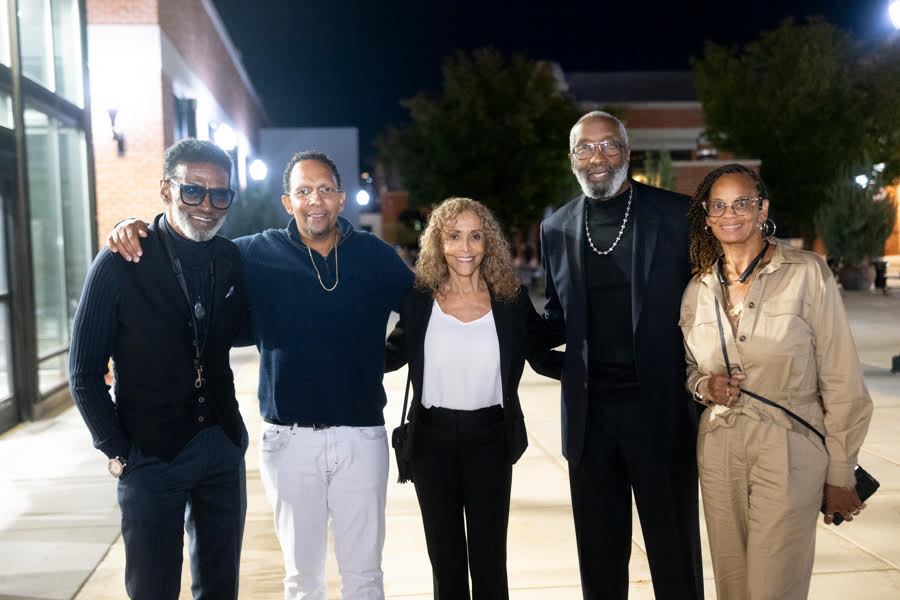
In February 2002, Ashley Bennett was wrongfully convicted of first-degree murder with a gun enhancement and sentenced to life without the possibility of parole. Ashley’s conviction was based on the false testimony of two witnesses who implicated him as the perpetrator of the crime after being coerced into lying by law enforcement. One of these witnesses was a juvenile co-defendant, who was threatened with the death penalty if he didn’t testify against Ashley and was also threatened with an additional, unrelated homicide. He came forward shortly after the trial and admitted that he lied about Ashley’s involvement. The second witness had unrelated attempted murder charges dropped against her in exchange for her false testimony against Ashley at the urging of law enforcement.
The victim in the case had been shot several times outside of an apartment building in Las Vegas, Nevada in the afternoon on March 3, 2001. Police responded and initial witness reports from the building security guard and other witnesses indicated that the suspects were three young men, under the age of 18, and Ashley was 26 years old at the time.
RMIC accepted Ashley’s case in 2011 and our investigation began. A few years later, the female witness who testified against Ashley was located and admitted to lying about Ashley’s involvement and witnessing the crime after being pressured by detectives. Post-conviction remedies were limited at the time, but in 2019, RMIC worked with the Nevada Legislature to pass Nevada’s factual innocence statute that allowed us to file an Innocence Petition and assert a free-standing claim of innocence in non-DNA cases. In February 2020, RMIC and co-counsel Katey Pepin and Neil Kaplin at the law firm of Clyde Snow filed Ashley’s Innocence Petition – the first petition ever filed using the new factual innocence statute.
RMIC filed Ashley’s Innocence Petition outlining all the newly discovered evidence, and the court denied our request for an evidentiary hearing and dismissed the petition. We appealed, and in the summer of 2022, the Nevada Supreme Court reversed and remanded the case for an evidentiary hearing. During the pendency of this case, Ashley received a devastating health diagnosis, and RMIC and co-counsel changed strategies. It was more urgent than ever to get Ashley home with his family to get the care he desperately needed. By this time, Ashley had already served 22 years, and after rigorous negotiations with the Clark County District Attorney’s office, the DA’s office stipulated to a time-served sentence of 10-25 years in exchange for Ashley’s plea. Ashley was home with his family two weeks later.
